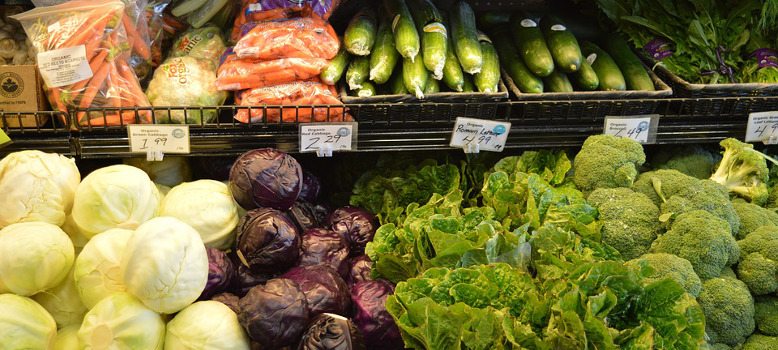Effective Enforcement of Grocery Regulations Will Be Litmus Test for Suppliers

IFA National Chairman Jer Bergin has acknowledged the signing of the grocery regulations into law by Enterprise Minister Richard Bruton, but said the effectiveness of the regulations will depend on robust monitoring and oversight by the Competition and Consumer Protection Commission (CCPC).
Jer Bergin said, “We have waited the lifetime of this Government to have this initial set of regulations signed into law. They contain important safeguards for suppliers, including the prohibition on a requirement to pay for promotion; contracts in writing; and payment within 30 days. However, the absence of a ban on below-cost selling is a serious weakness”.
He said, “Once they take effect at the end of April, the litmus test will be how the CCPC uses its substantial powers to enforce compliance. Last week’s report from the retail Ombudsman in the UK shows the importance of independent and effective investigative powers. The appointment of a retail Ombudsman in Ireland who can take up complaints and grievances of suppliers over mistreatment by retailers remains a key objective of IFA”.
Referring to the European Commission’s Report on ‘unfair business-to-business trading practices in the food supply chain’ published on Friday, Jer Bergin expressed huge disappointment with the direction of the report, which fails to deal head on with unfair practices in the chain.
“The report is clearly at odds with the strongly-held views of the Agriculture Commissioner Phil Hogan’s in relation to fairness in the food chain and his call for EU legislation,” said the IFA Chairman.
“The voluntary Supply Chain Initiative (SCI) undertaken by the Commission is clearly not working for primary producers. If this continues unchecked, retail power and big business will destroy the Irish and European family farm structure and undermine food security for the EU’s 500 million consumers. Strong legislation is needed at European level to address this issue.”




